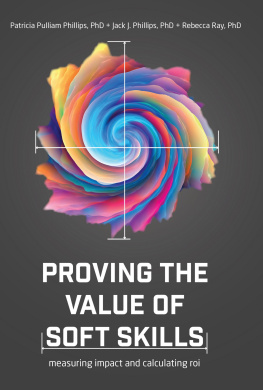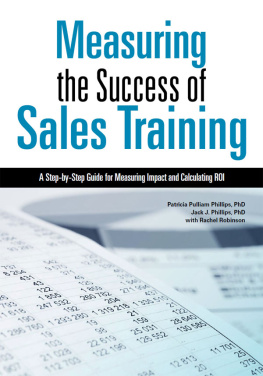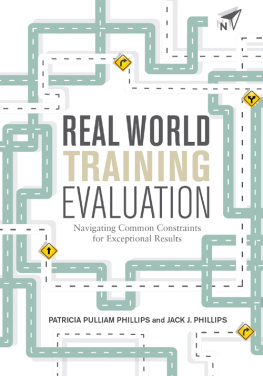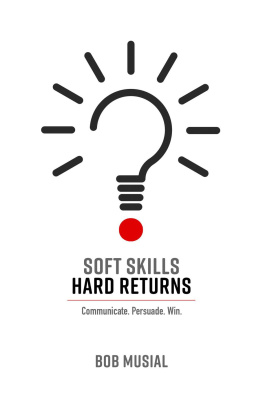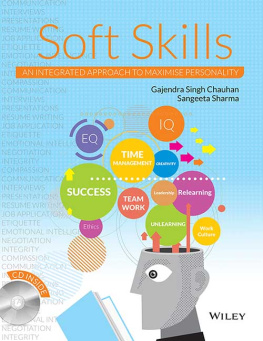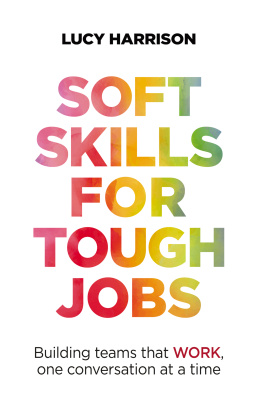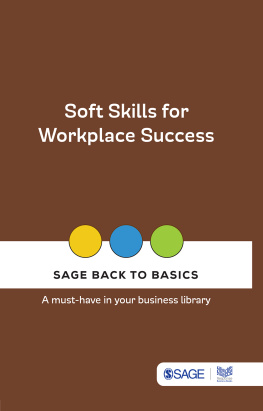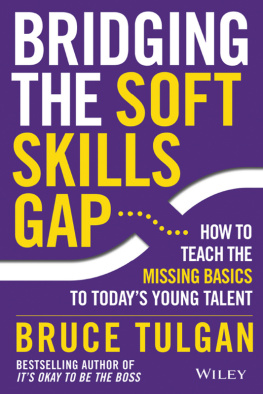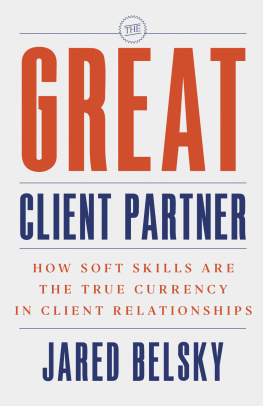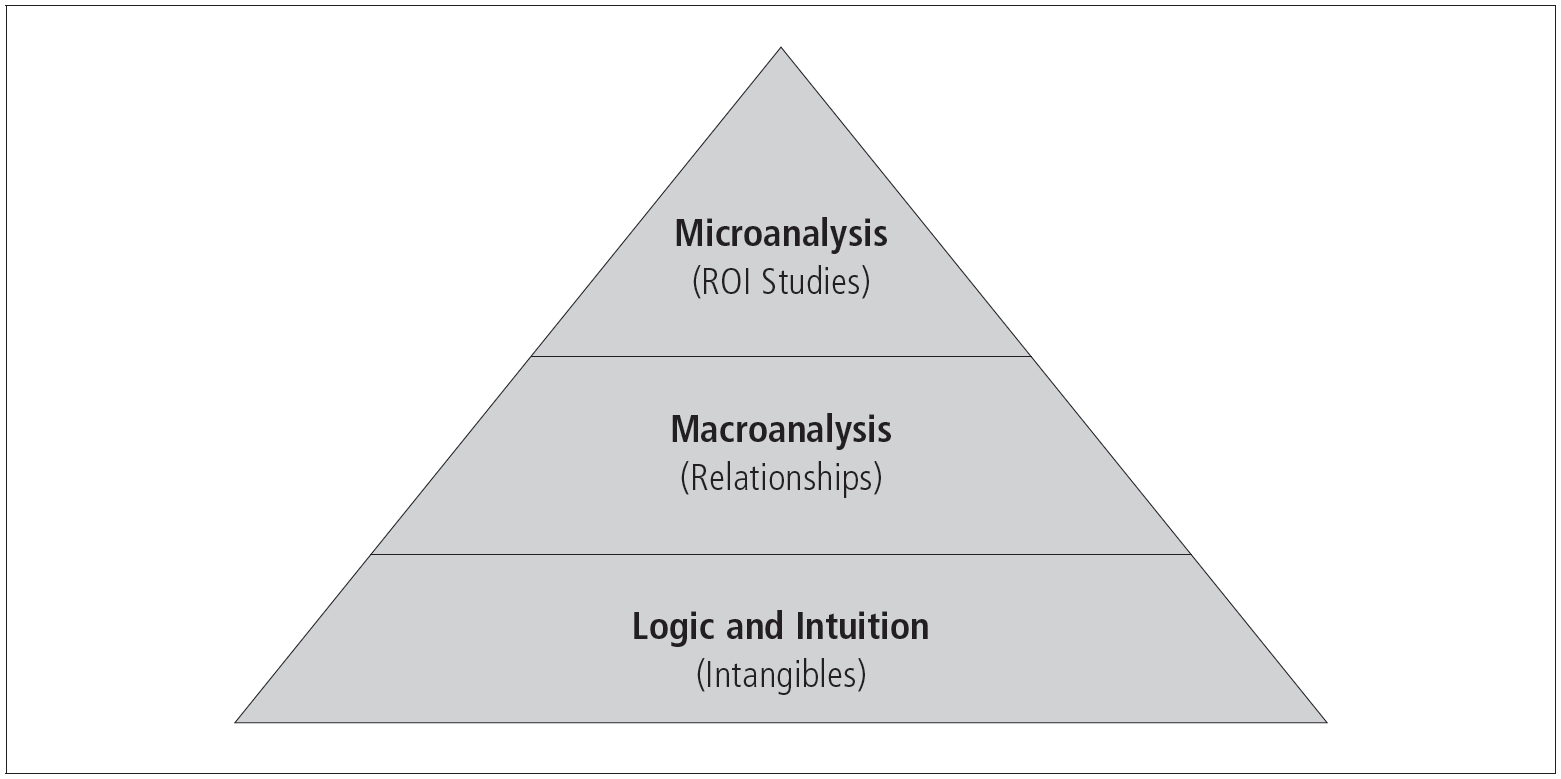Patricia Pulliam Phillips - Proving the Value of Soft Skills: Measuring Impact and Calculating ROI
Here you can read online Patricia Pulliam Phillips - Proving the Value of Soft Skills: Measuring Impact and Calculating ROI full text of the book (entire story) in english for free. Download pdf and epub, get meaning, cover and reviews about this ebook. year: 2020, publisher: Association for Talent Development, genre: Business. Description of the work, (preface) as well as reviews are available. Best literature library LitArk.com created for fans of good reading and offers a wide selection of genres:
Romance novel
Science fiction
Adventure
Detective
Science
History
Home and family
Prose
Art
Politics
Computer
Non-fiction
Religion
Business
Children
Humor
Choose a favorite category and find really read worthwhile books. Enjoy immersion in the world of imagination, feel the emotions of the characters or learn something new for yourself, make an fascinating discovery.
- Book:Proving the Value of Soft Skills: Measuring Impact and Calculating ROI
- Author:
- Publisher:Association for Talent Development
- Genre:
- Year:2020
- Rating:4 / 5
- Favourites:Add to favourites
- Your mark:
Proving the Value of Soft Skills: Measuring Impact and Calculating ROI: summary, description and annotation
We offer to read an annotation, description, summary or preface (depends on what the author of the book "Proving the Value of Soft Skills: Measuring Impact and Calculating ROI" wrote himself). If you haven't found the necessary information about the book — write in the comments, we will try to find it.
A Step-by-Step Guide to Showing the Value of Soft Skill Programs
As organizations rise to meet the challenges of technological innovation, globalization, changing customer needs and perspectives, demographic shifts, and new work arrangements, their mastery of soft skills will likely be the defining difference between thriving and merely surviving. Yet few executives champion the expenditure of resources to develop these critical skills. Why is that and what can be done to change this thinking?
For years, managers convinced executives that soft skills could not be measured and that the value of these programs should be taken on faith. Executives no longer buy that argument but demand the same financial impact and accountability from these functions as they do from all other areas of the organization.
In Proving the Value of Soft Skills, measurement and evaluation experts Patti Phillips, Jack Phillips, and Rebecca Ray contend that efforts can and should be made to demonstrate the effect of soft skills. They also claim that a proven methodology exists to help practitioners articulate those effects so that stakeholders hearts and minds are shifted toward securing support for future efforts.
This book reveals how to use the ROI Methodology to clearly show the impact and ROI of soft skills programs. The authors guide readers through an easy-to-apply process that includes:
business alignment
design evaluation
data collection
isolation of the program effects
cost capture
ROI calculations
results communication.
Use this book to align your programs with organizational strategy, justify or enhance budgets, and build productive business partnerships. Included are job aids, sample plans, and detailed case studies.
Patricia Pulliam Phillips: author's other books
Who wrote Proving the Value of Soft Skills: Measuring Impact and Calculating ROI? Find out the surname, the name of the author of the book and a list of all author's works by series.

